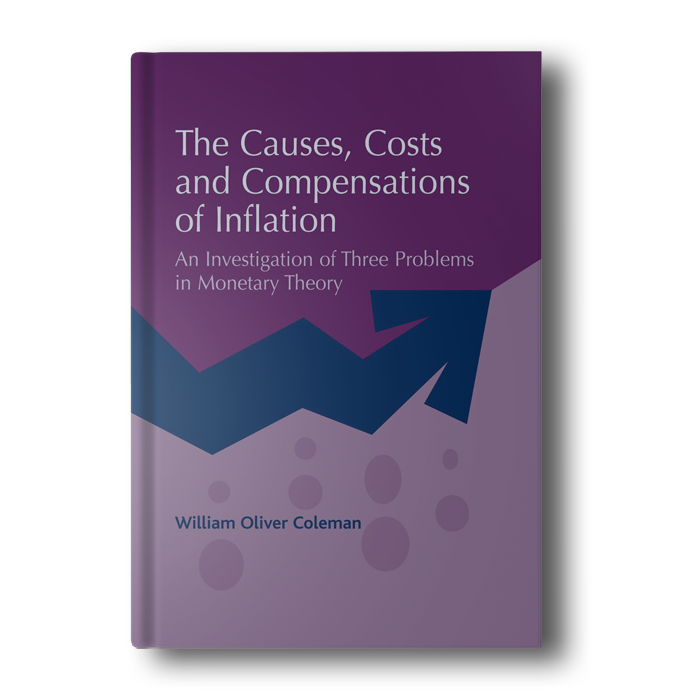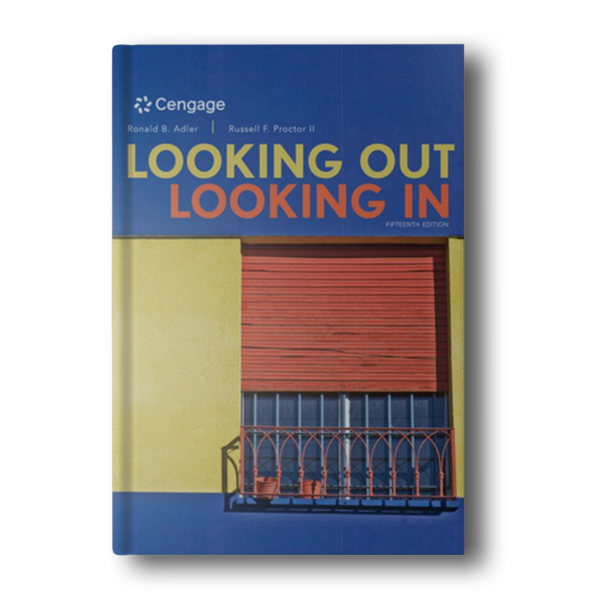This book explores the causes, costs and benefits of inflation. It argues that while the cause of inflation is essentially monetary, the costs and benefits of inflation lie in inflation’s distortion of the economy’s responses to real shocks.
The book begins by securing the Quantity Theory of Money from certain critiques. The theory is defended from the ‘fiscal theory of the price level’ by a refinement of the theory of money demand, and from post Keynesianism by the construction of a theory of the supply of inside money.
To cope with the endogeneity of outside money, a simple and tractable neo-Wicksellian theory of inflation is advanced, which is shown to exhibit a striking homology with the Quantity Theory. The author then traces the costliness of inflation, not to any disturbance of the money market, but to the damage inflation does to the bond market’s function of sharing out disturbances to consumption caused by technological shocks.
The same damage, however, imparts an egalitarian dynamic to the accumulation of wealth, which will not occur without risky inflation.
The Causes, Costs and Compensations of Inflation will be of great interest to policy makers, central bankers, researchers, and both post-graduate and undergraduate students in macroeconomics, money and banking.


![The Changing Face of the Channel Islands Occupation: Record, Memory and Myth [Hardcover] Knowles Smith, Hazel](https://booksandbook.com/wp-content/uploads/2023/03/The-Changing-Face-of-the-Channel-Islands-Occupation-Record-Memory-and-Myth-2-600x600.png)












Reviews
There are no reviews yet.